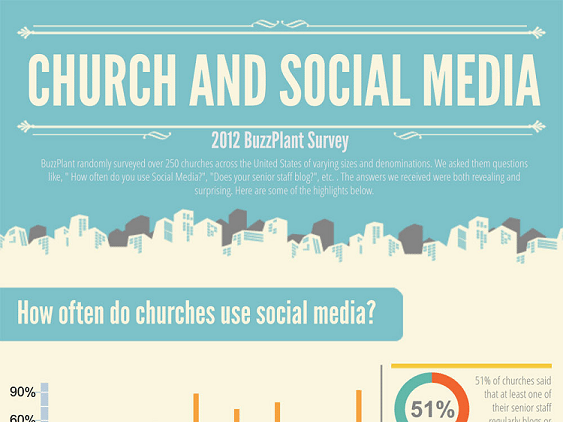Examining The Rich Heritage And Lasting Heritage Of Catholic Schools Throughout The Globe
Examining The Rich Heritage And Lasting Heritage Of Catholic Schools Throughout The Globe
Blog Article
Composed By-Medlin Berthelsen
When you take into consideration the history of education, Catholic institutions stand out for their ingrained traditions and long-term impact. These organizations began as a means to infuse belief and worths, but they've adjusted incredibly over centuries. Today, they play an important function fit not simply academic success but additionally moral integrity. What's interesting is exactly how they have actually managed to grow in the middle of transforming cultural landscapes, raising questions regarding their future significance and impact.
The Origins of Catholic Education And Learning: A Historic Point of view
Catholic education and learning traces its roots back over 1,500 years, when very early Christian neighborhoods identified the demand for organized learning. You'll discover that these areas aimed to hand down their belief and values via education.
Monasteries and sanctuary colleges became facilities of discovering, nurturing both spiritual and intellectual development. As you delve deeper, you'll see that the educational program commonly consisted of approach, faith, and the liberal arts, made to form versatile individuals.
With time, the Church established more formal establishments, making sure that education remained available to all. The commitment to teaching moral worths and fostering a feeling of community has lingered through the centuries, forming the educational landscape and influencing numerous lives worldwide.
This enduring heritage continues to inspire Catholic education and learning today.
The Evolution of Catholic Institutions With Cultural Contexts
As societies advanced, so did the duty of Catholic institutions, adjusting to the social contexts in which they existed. In the very early years, these establishments focused mainly on spiritual direction, however as neighborhoods branched out, they started to integrate neighborhood languages, custom-mades, and educational needs.
You 'd observe that Catholic institutions often became facilities for social communication, cultivating a feeling of belonging among pupils from various histories. In many areas, they dealt with social issues, such as hardship and discrimination, by offering accessible education for all.
As you check out different cultures, you'll see exactly how Catholic colleges have actually moved their educational program and mentor techniques, mirroring the worths and difficulties of their atmospheres while remaining true to their foundational goal of confidence and academic excellence.
The Modern Function and Influence of Catholic Schools in Society
In today's globe, Catholic institutions play a vital function in shaping not just the academic landscape, yet also the wider neighborhood.
https://postheaven.net/marva48geoffrey/catholic-education-and-learning-a-location-for-academic-quality-and 'll locate that these institutions highlight values like regard, empathy, and social justice, cultivating all-round individuals who add favorably to society. By concentrating on scholastic quality and moral growth, Catholic schools prepare students for future obstacles, supporting crucial thinking and leadership skills.
https://www.usnews.com/education/best-graduate-schools/top-medical-schools/articles/2019-11-11/how-to-choose-a-college-major-if-you-plan-to-attend-medical-school serve varied populaces, bridging gaps in accessibility to top quality education and learning. Furthermore, you might discover their commitment to service, encouraging students to take part in area outreach and volunteer work.
This blend of education and moral support makes Catholic institutions a substantial pressure, cultivating responsible residents that can impact their neighborhoods for the better.
Final thought
In conclusion, Catholic schools have a rich history that's formed their long-lasting influence on society. You have actually seen how they have actually adjusted to different social contexts while keeping a commitment to confidence, worths, and scholastic quality. Today, they continue to play an essential function in cultivating community, advertising social justice, and nurturing accountable citizens. As you reflect on their legacy, it's clear that Catholic colleges continue to be a powerful pressure for favorable modification in the world.
